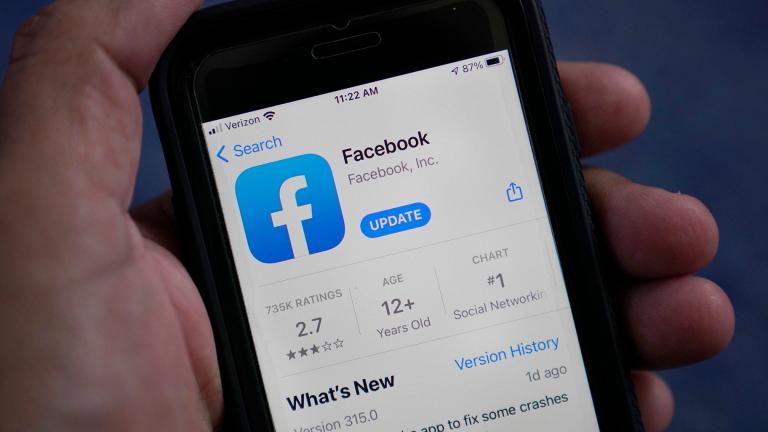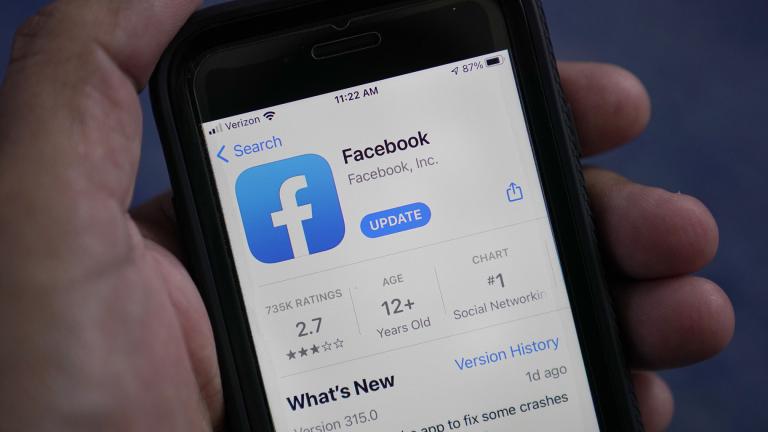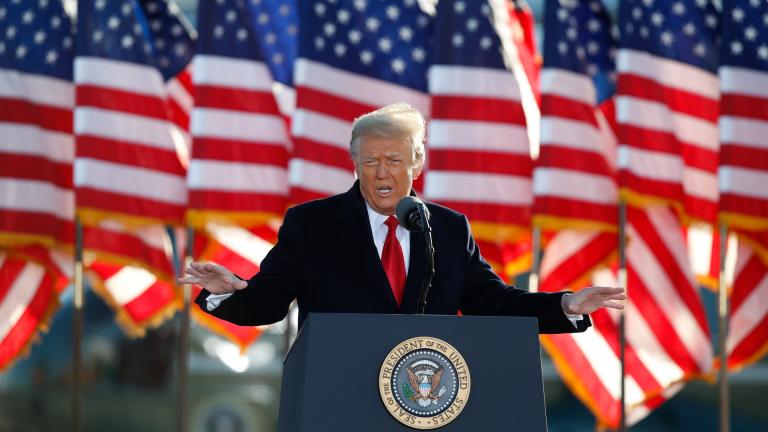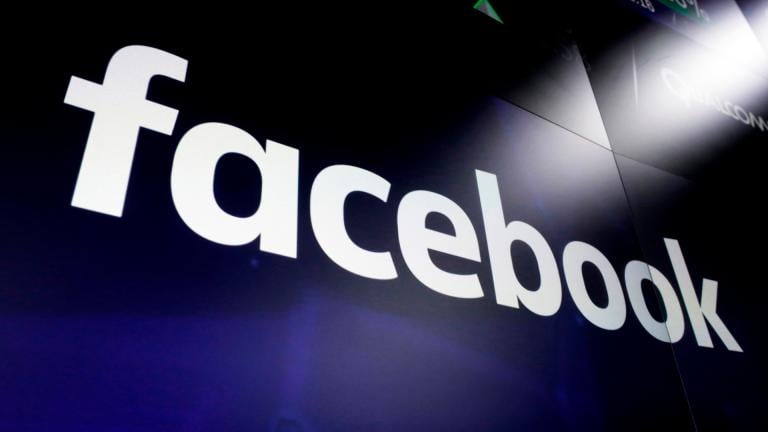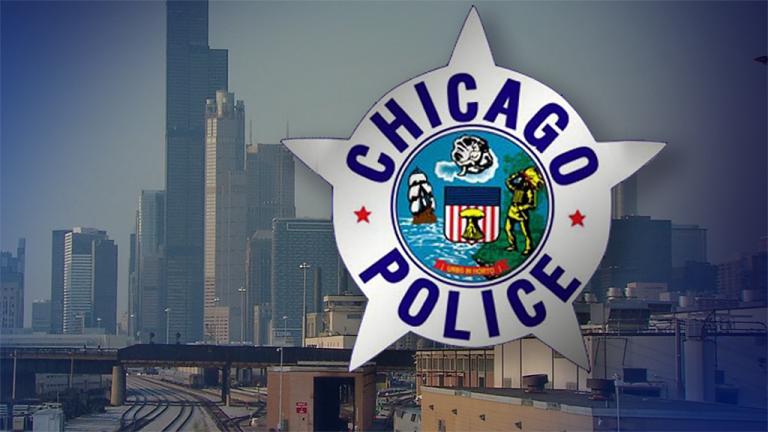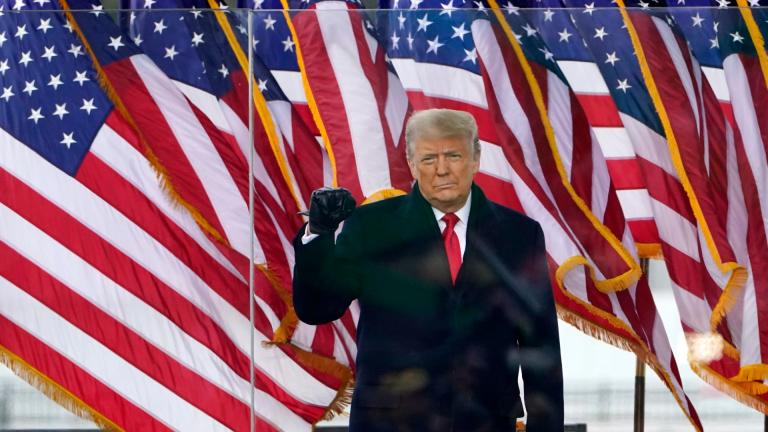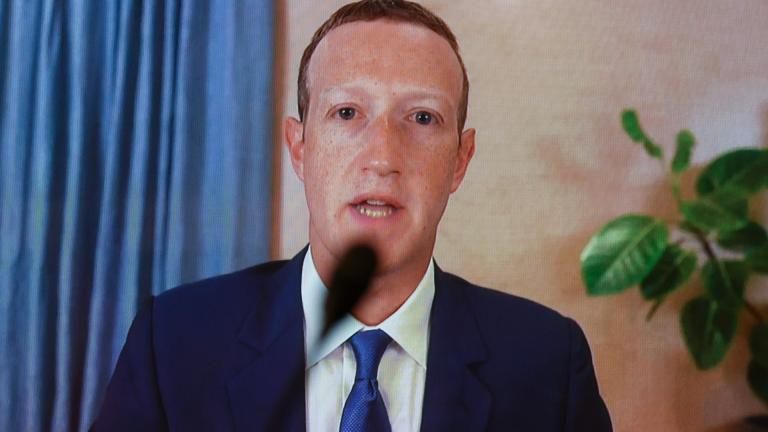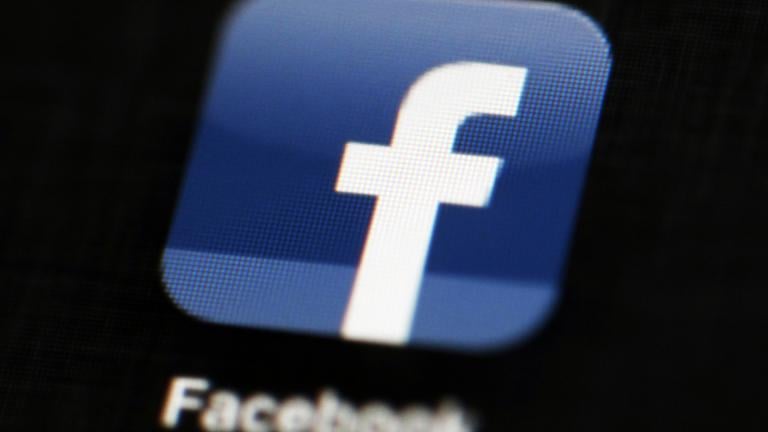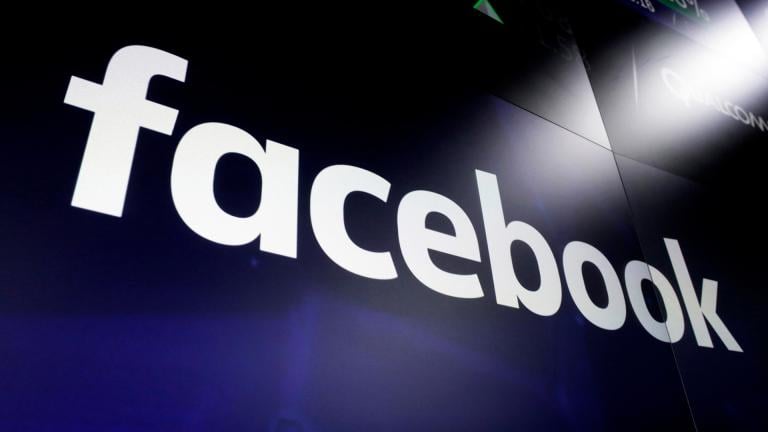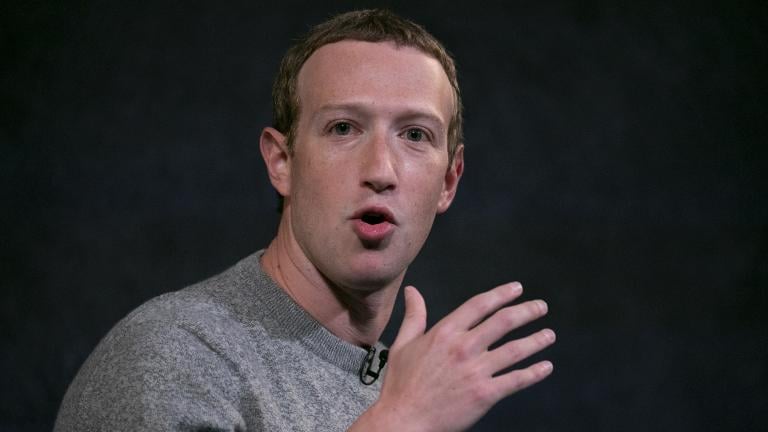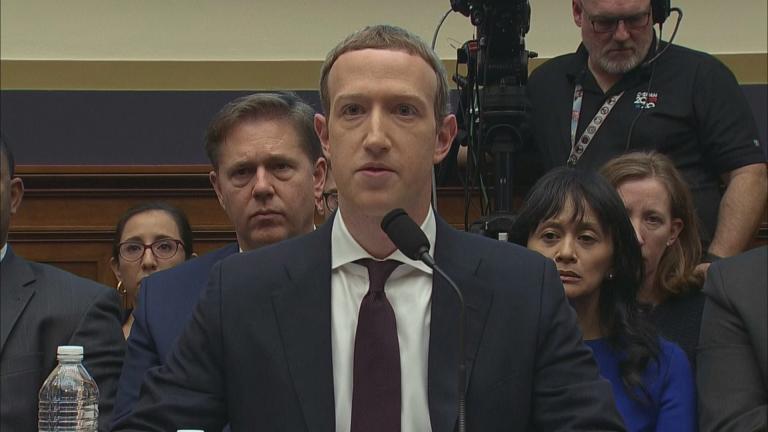Facebook says it will suspend former President Donald Trump’s accounts for two years following its finding that he stoked violence ahead of the deadly Jan. 6 insurrection.
Facebook says it will no longer remove claims that COVID-19 is human-made or manufactured “in light of ongoing investigations into the origin of COVID-19 and in consultation with public health experts.”
Former President Donald Trump won’t return to Facebook — at least not yet. Four months after Facebook suspended Trump’s accounts for inciting violence that led to the deadly Jan. 6 Capitol riot, the company’s quasi-independent oversight board upheld the bans.
A federal judge on Friday approved a $650 million settlement of a privacy lawsuit against Facebook for allegedly using photo face-tagging and other biometric data without the permission of its users.
Chicago police are warning residents in the Englewood neighborhood about a series of armed robberies in which victims were lured to the area with the belief they were making a purchase through an online marketplace.
President Donald Trump is no longer allowed to post on several social media platforms. We discuss the intersection of social media and free speech — and how high-profile bans like this could shape the future of sharing.
In announcing the unprecedented move, Facebook founder Mark Zuckerberg said the risk of allowing President Donald Trump to use the platform is too great following the president's incitement of a mob that touched off a deadly riot in the U.S. Capitol.
In the coming weeks, the social network will begin taking down any Facebook or Instagram posts with false information about the vaccines that have been debunked by public health experts.
As the CEOs of Twitter and Facebook gave assurances of vigorous action against election disinformation, Republicans at a Senate hearing Tuesday pounded the social media companies over political bias, business practices and market dominance.
Facebook is banning posts that deny or distort the Holocaust and will start directing people to authoritative sources if they search for information about the Nazi genocide.
Despite escalating pressure ahead of the 2020 presidential election, Facebook reaffirmed its freewheeling policy on political ads Thursday, saying it won’t ban them, won’t fact-check them and won’t limit how they can be targeted to specific groups of people.
Facebook says it is deleting the name of the person who has been identified in conservative circles as the whistleblower who triggered a congressional impeachment inquiry into President Donald Trump’s actions.
The “News Tab,” a new section in the Facebook mobile app, will display headlines — and nothing else — from the Wall Street Journal, the Washington Post, BuzzFeed News, Business Insider and the Los Angeles Times, among others.
Should social media companies be responsible for fact-checking content? The debate over free speech on Facebook.
Facebook CEO Mark Zuckerberg faced tough questions Wednesday from members of Congress about his social media platform’s digital currency project. We discuss the billionaire tech entrepreneur’s plans for Libra.
Facebook says it is ending its practice of using face recognition software to identify users’ friends in uploaded photos and automatically suggesting they “tag” them. Facebook was sued in Illinois over the feature.

